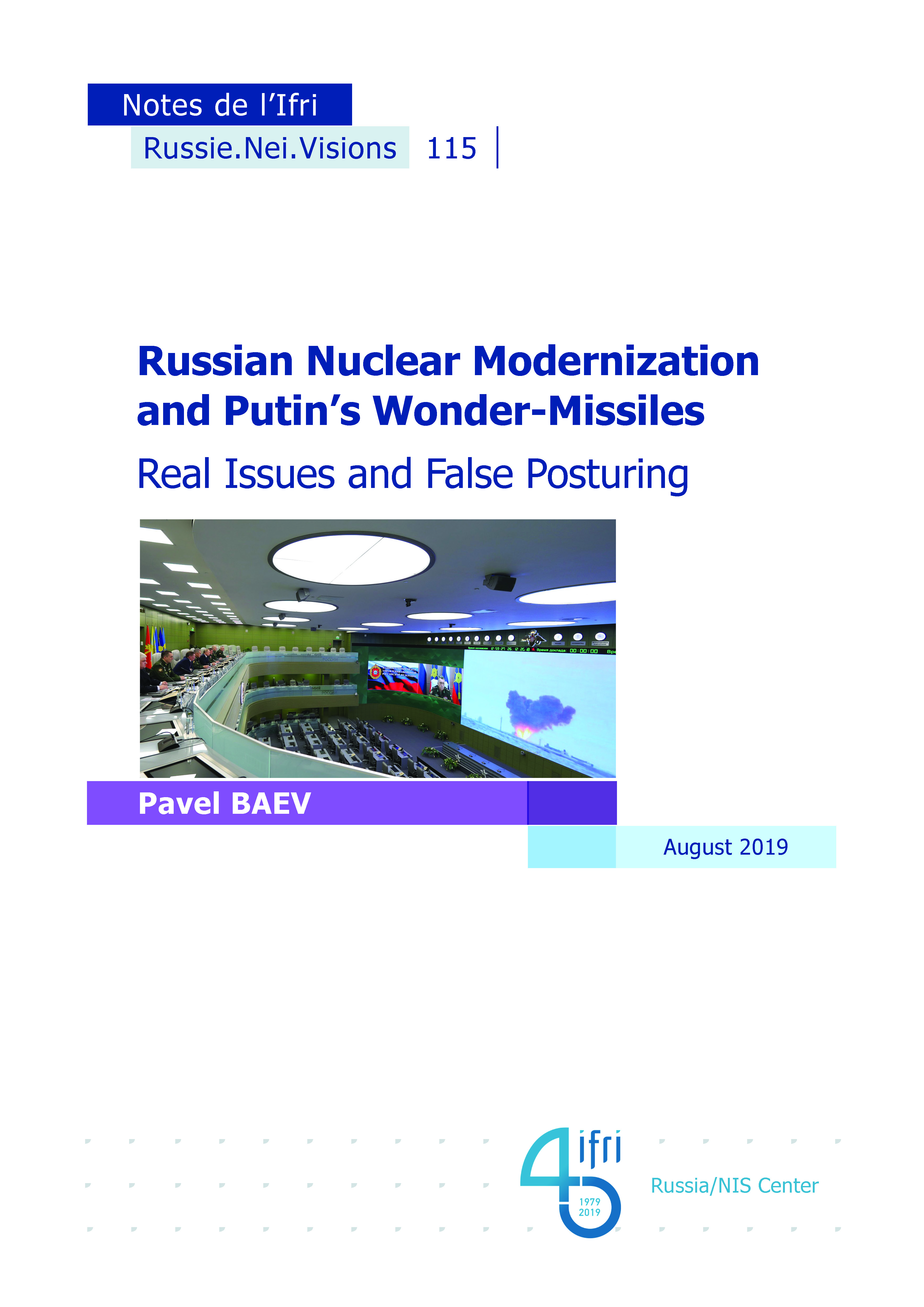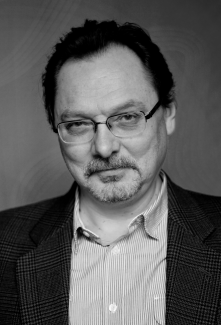Russian Nuclear Modernization and Putin’s Wonder-Missiles: Real Issues and False Posturing

The near imminent breakdown of the INF Treaty (1987) has strongly intensified political and public concerns about the failure of traditional arms control and the escalation of a new nuclear arms race.
The clear announcement of a start of this race was given by President Vladimir Putin in his March 2018 address to the Federal Assembly, in which he elaborated on several new weapon systems. Russia’s sustained and massive investment in modernization of its nuclear arsenal challenges the meaning of strategic stability and generates a need to rethink its key parameters, as a precondition for addressing the urgent task of reforming and relaunching arms control, first of all in Europe. This costly and comprehensive modernization has had a potentially severe impact on the basic structures of European security, and Putin’s presentation of new weapon systems has brought this potentiality a step closer to reality.
Pavel Baev is a Research Professor at the Peace Research Institute, Oslo (PRIO). He is also a Senior Non-Resident Fellow at the Brookings Institution, Washington DC, and an Associate Research Fellow at Ifri, Paris.
Download the full analysis
This page contains only a summary of our work. If you would like to have access to all the information from our research on the subject, you can download the full version in PDF format.
Russian Nuclear Modernization and Putin’s Wonder-Missiles: Real Issues and False Posturing
Related centers and programs
Discover our other research centers and programsFind out more
Discover all our analysesThe Caspian Sea as an Emerging Energy Hub : Potentials and Limitations
This report analyzes the prospects of the Caspian Sea region — and its key actors except for Russia and Iran — becoming an important energy hub serving the needs of the European Union (EU).
The European Union's Strategic Test in Georgia
The political crisis brewing in Georgia is of an existential nature for the country. What is at stake is Georgia's future as a democratic and sovereign European nation (EU).
Commanders of Putin's Long War: Purged, Reshuffled and Disgruntled
The trend of reshuffling the Russian top military command in the course of a fast-evolving and far from successful war has progressed unevenly both across the Armed Forces’ structures and in time. The rationale for and timing of the abrupt cadre decisions made by Commander-in-Chief Putin often defy logical explanation, and the rare official clarifications are no more informative than the usual information blackout.
Russian Military Manpower After Two and a Half Years of War in Ukraine
In addition to a military victory in Ukraine, the Russian leadership is planning to build up sizable troop formations for a possible conflict with NATO in the Baltic region and the Kola Peninsula. In particular, current plans aim for the military manpower to grow by about 350,000, reaching a total of 1.5 million soldiers and commanders. In the context of the current conflict in Ukraine, this cannot be accomplished without a new wave of mass mobilization.











